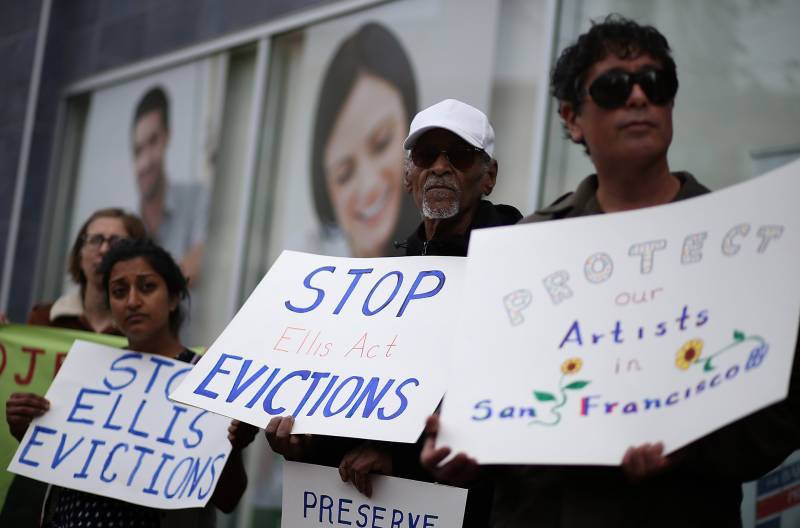The pre-eviction advocacy program was created in conjunction with the Tenant Right to Counsel project, which was established by Proposition F in 2019. The TRC ensures that services are available to individuals facing an immediate eviction threat but does not extend legal support to tenants who are not facing a formal eviction lawsuit.
Funding for immigration legal services and those centered around imminent risk of eviction and gender-based violence will remain, according to the local funding plan released by the Mayor’s Office of Housing and Community Development. Those programs will continue to receive priority funding under the category of “essential community-based services.”
“The economic downturn prompted all City departments … to implement mandatory budget reductions for local funding sources,” the Mayor’s Office of Housing and Community Development said in a statement. “We deeply appreciate all organizations that applied for funding and while these reductions were necessary given fiscal constraints, it was not an easy decision.”
Open Door Legal, which provides diverse legal services to low-income clients, received $3.5 million from the city last year and is set to lose $2.2 million in the coming fiscal year.
A vast majority of the cases handled by the nonprofit fall under the category of general civil matters, said Adrian Tirtanadi, Open Door’s executive director, adding that access to legal aid can be the “difference between life and death” for many of the organization’s clients. If the cuts go through, the nonprofit will have to lay off staff, close at least one office and massively reduce its caseload — around 900 fewer clients will be served, Tirtanadi said.
An estimated “60% of people at risk of homelessness had general civil legal issues,” he said, referencing a study conducted by Open Door Legal last year. “If you have your wages stolen, then you can’t make your rent. You become homeless. If you’re not providing legal help for wage theft, for example, just defending someone in an eviction is not as helpful.”
According to the study, an estimated 46% of people who were at risk of becoming homeless were able to stay housed through access to free civil legal representation.
The city of San Francisco faces a budget shortfall of nearly $1 billion, according to the city’s ethics commission. Meanwhile, Mayor Daniel Lurie pledged to address San Francisco’s high rate of homelessness and housing insecurity by building more shelters and expanding mental health and drug rehabilitation programs for unhoused people.
Tirtanadi called the funding cuts to general civil legal services “short sighted.”
Each shelter slot costs around $60,000 per person, he said, adding that there’s about $85,000 spent on each unhoused person for emergency services and law enforcement annually. The city needs to focus on prevention instead of mitigation, Tirtanadi said.
“If the majority of legal issues causing homelessness are these general issues, and we’re eliminating all funding for general civil legal services, the consequences will be catastrophic.”

